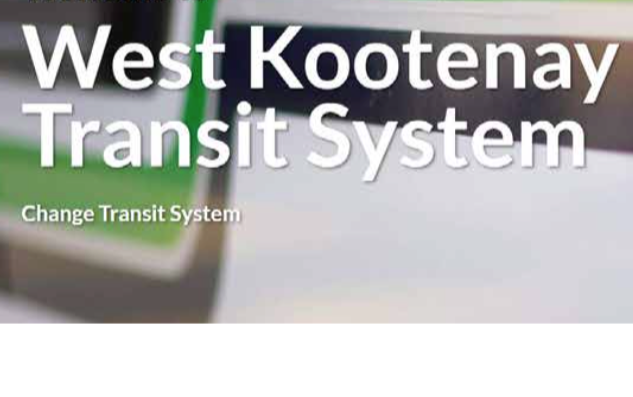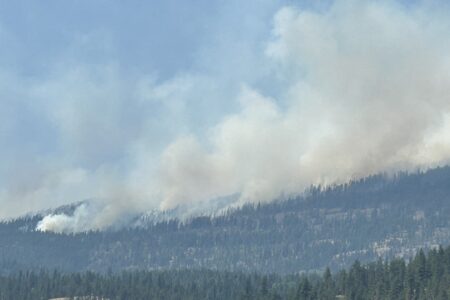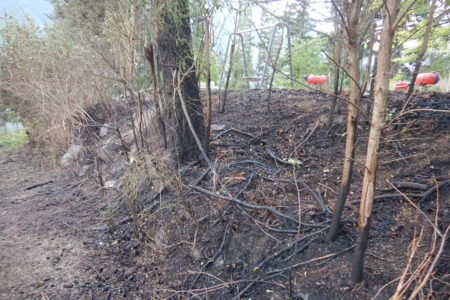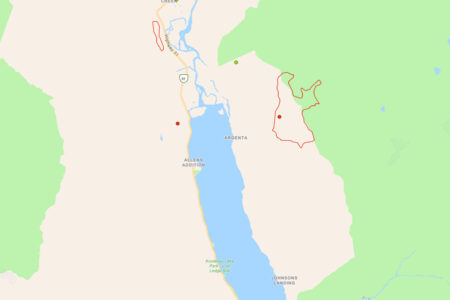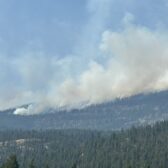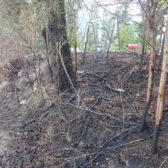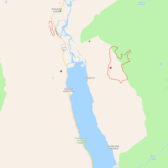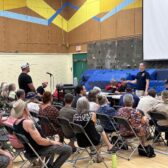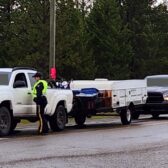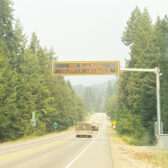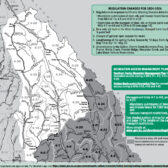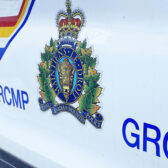‘Critical fixes’ proposed for West Kootenay Transit service
With demand for transit service in the region beginning to rise in the post-pandemic period, five critical fixes are being proposed by BC Transit for the West Kootenay service.
In a report to the West Kootenay Transit committee on Jan. 31, BC Transit government relations manager Daynika White highlighted service priorities for the region, critical fixes with five proposed service change options.
The Kootenay Connector (99 future route) could receive two new round trips, with the 33 Selkirk College potentially seeing the introduction of two new weekday trips.
In Nelson, 2 Fairview is on the table to receive one additional morning weekday peak overload trip, while the 10 North Shore might have an extension of the weekday 4:04 p.m. trip to Balfour.
The 98 Columbia Connector also could see the introduction of two new weekday trips.
One of the major short-term service priorities will be the introduction of basic service between Salmo, Ymir and Nelson — three round trips to coincide with the start and end of the high school academic day and office end time. BC Transit would also seek to extend service from Salmo to Fruitvale.
The rise of the Salmo service would likely spell the end of the 15 Perrier (Road) service, slated to be supplanted by the new service creation.
The 72 Salmo to Nelson health connection route could be changed, with BC Transit looking to “seek permission from Interior Health to adjust trip times and change the fare structure” of the health connection.
Short-term priorities also include the 98 Columbia Connector, with all trips going to Selkirk College, and two local proposed changes to Castlegar service: extending evening service within Castlegar to better align with service standards and equity; introduction of additional peak service to distinguish route 33 from 98; and improving route 32 Columbia and 36 Ootischenia.
Further north in the region, the 53 Edgewood could receive additional run time to address ferry run-time issues, and the Nakusp local could be adjusted in its service times to maintain service levels.
In order to extend transit service to areas untouched, there will also be a Procter and Harrop transit feasibility study scheduled for 2023/24 as part of the planning updates.
Currently, the priorities are being reviewed from the plan, with the transit improvement process beginning in April, and the expected approval from local governments — through a memorandum of understanding — in August.
Ultimately, if the province approves the changes and the funding, implementation of the expansions could begin in July 2024 and onwards.
The process
The service expansion process must undergo several steps in order to come to fruition.
The first step is the update of the service plan with the completed planning work on the transit future service plan for Kootenay Lake West, Castlegar and area, and Nelson — which occurred in 2021/22.
The next step is for the annual update of the three-year expansion (request) agreement, with local governments agreeing to their share in the cost. If the agreement is not signed by local governments the next step of approaching the province for funding completion will not occur.
All requests then are taken by BC Transit to the province for the other portion of the funding, with the request being approved (or not approved) in the announcement of the B.C. budget in the third week of February.
Carbon crunch
BC Transit is in the beginning stages of its low carbon fleet program across the province and within West Kootenay Transit.
Towards that end, the organization has committed to transition to an electric fleet across the province by 2040.
The provincial carbon emission reduction targets are 16 per cent by 2025, 40 per cent by 2030 and 60 per cent by 2040, with an end goal of 80 per cent by 2050.



